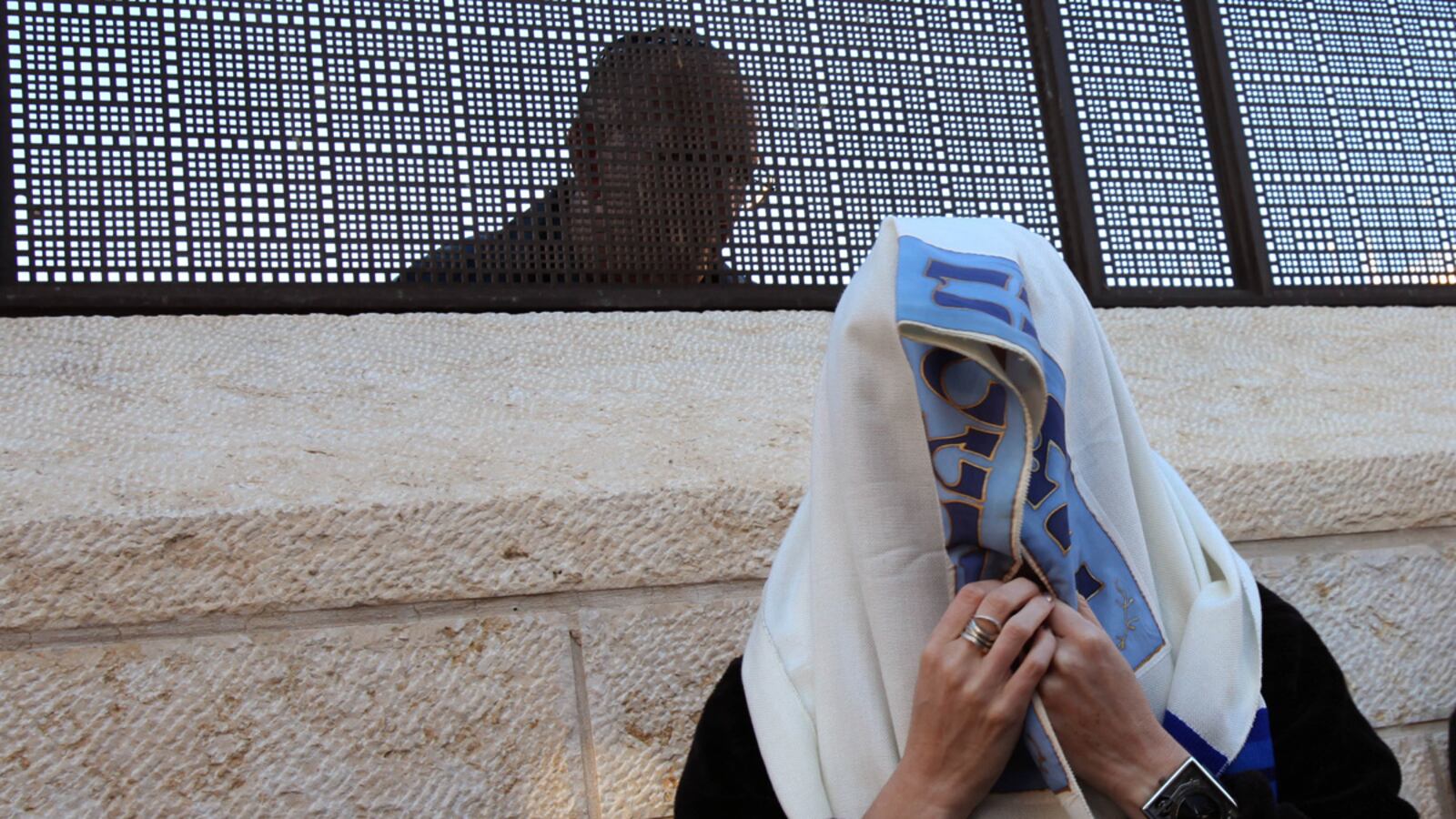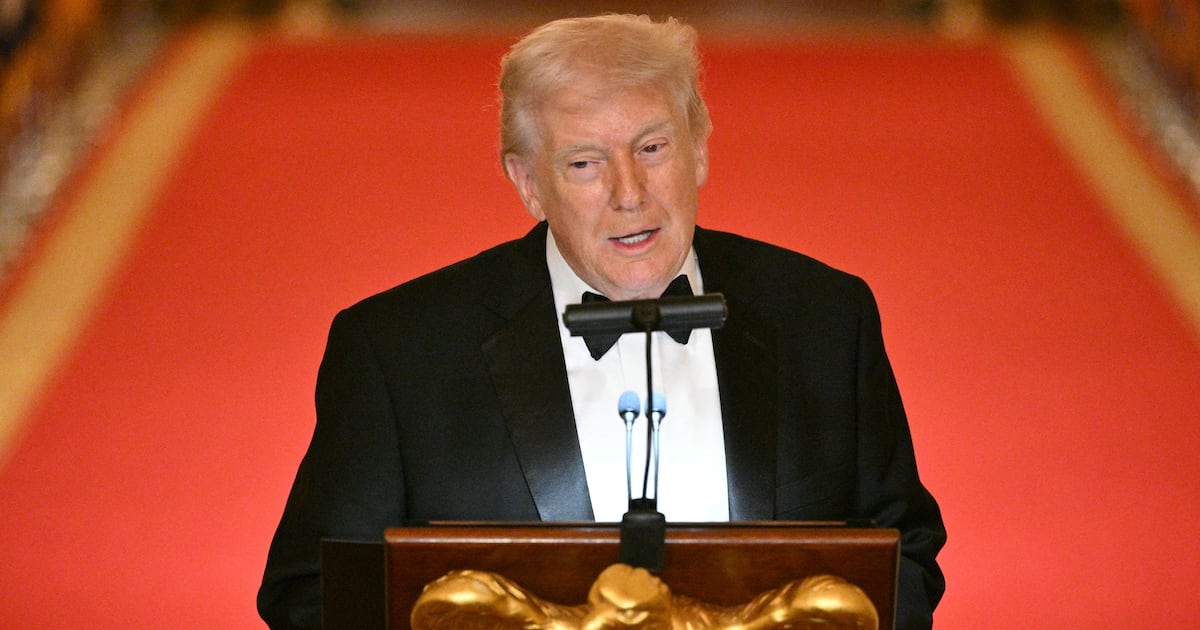Since the Gaza war in early 2009, Israel has largely enjoyed a respite from Arab and Palestinian violence. And as a result, Israeli Jews have been liberated to focus on their other great enemy: each other.
The first sign was the social protests that erupted this summer, protests in which Jewish Israelis took to the streets to denounce not Hamas or Iran or Mahmoud Abbas, but the oligarchs who have gobbled up much of their nation’s wealth. The second sign came this week, when 10,000 Israelis demonstrated in the city of Beit Shemesh against the efforts of ultra-Orthodox Jews to consign Jewish women to second-class citizenship in the Jewish state.
Ultra-Orthodox (or Haredi) Judaism—it can never be stressed too often—is not Judaism as it was practiced in centuries past. Traditional Judaism was fluid and diverse and accommodated itself to the practical requirements of the day. Ultra-Orthodox Judaism, by contrast, is a modern creation born out of terror and hatred of the Enlightenment, which in the 19th century seduced many previously cloistered European Jews. Although ultra-Orthodox Jews claim to reject religious innovation, ultra-Orthodoxy is constantly innovating because it is based, above all, on the rejection of secular values. And since secular values change, ultra-Orthodoxy does too.

In recent decades, perhaps the biggest innovation in secular Jewish life, both in Israel and the Diaspora, has been the increasing emancipation of women. And so, like their counterparts in the Muslim and Christian worlds, ultra-Orthodox Jews have responded with increasingly aggressive efforts to subjugate women in public life.
Decades ago, Rabbi Moshe Feinstein, perhaps the 20th century’s greatest interpreter of Jewish law, said it was permissible for men and women to ride the subway together, even if crowded conditions forced them into physical contact. Yet in Israel today, ultra-Orthodox Jews increasingly demand segregated buses, sidewalks, and public events. Feinstein acknowledged that standards of female dress would differ by community. A man, he argued, could not force his wife to cover her hair in a manner different from that of her mother. And yet in Beit Shemesh, Haredi thugs taunted and assaulted an 8-year-old girl because her dress conformed only to modern Orthodox and not ultra-Orthodox standards of modesty.
The good news is that Israelis are taking to the streets to fight this moral depravity. And when it comes to the struggle against ultra-Orthodox misogyny, American Jewish leaders feel far more emboldened to criticize Israeli policy than they do on the issue of Palestinian rights.
The bad news is that many Israeli and American Jewish opponents of ultra-Orthodox coercion do not recognize that the struggle for women’s rights and the struggle for Arab rights are inextricably linked. They are linked because ultra-Orthodox coercion stems in large part from ultra-Orthodox control of key ministries in the Israeli government. Israeli prime ministers give the ultra-Orthodox control over these ministries in return for the Knesset votes that keep them in power.
And why must Israeli prime ministers include ultra-Orthodox parties in their governments? In large measure because they will not include Israel’s Arab parties. Israel’s Arab citizens (those within Israel’s 1967 borders) can vote and elect representatives to the Knesset. But by tradition, an Israeli government cannot rely on Arab parties to stay in power. It must enjoy a Jewish majority in the Knesset. Some justify this tradition by noting that the political parties favored by Israeli Arabs are non-Zionist: they wish Israel were not a Jewish state. But, as it happens, some of the ultra-Orthodox parties that have sat in Israeli governments are non-Zionist too, since many ultra-Orthodox Jews believe that the creation of a Jewish state should await the messiah.
What gives the ultra-Orthodox the ability to oppress women, in other words, is partly a political system in which Israel’s Arab citizens are largely barred from power. What the protesters in Beit Shemesh and their supporters in the United States need to remember is the fundamental interconnectedness of equal citizenship. When you deny it to one group, you produce ripple effects that undermine the equality of others as well. Israel’s declaration of independence promises “complete equality of social and political rights to all its inhabitants irrespective of race, religion and sex.” For Israel to fulfill that promise to its female citizens, it must start fulfilling it to its Arab ones as well.






